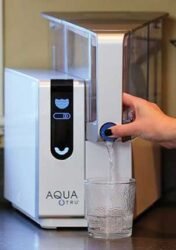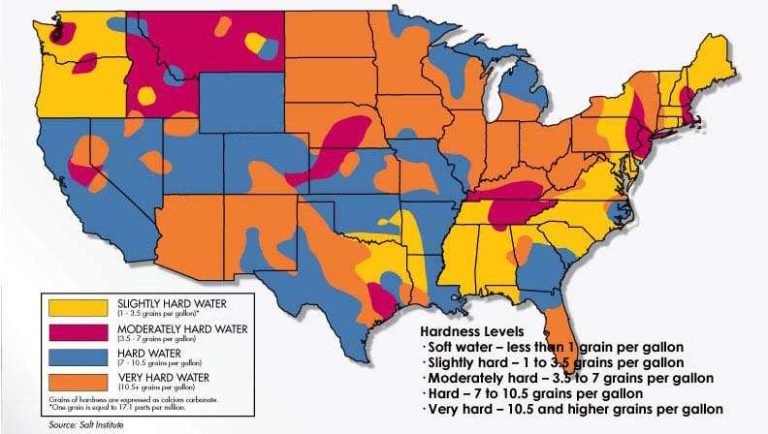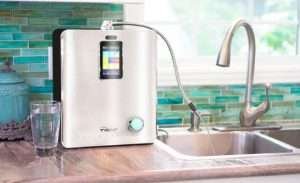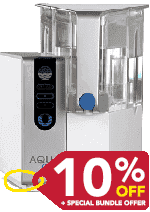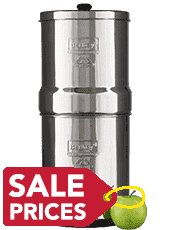- Home
- Health
- Water Softener Guide
- Water Treatment
Private Sewers & Septic Systems
- About Private Sewers Sysytem And Septic Systems
- Lateral Root Notification Program
- Fats, Oil & Grease
- Spills & Black Water Valves
- Help Protect The Enviroment
- Septic Systems
- About
Is Your Tap Water Safe to Drink? Decoding the Myths and Realities
When reaching out for a glass of water from the tap, have you ever paused and wondered about its purity? Given the diverse sources of information available, it’s natural to feel overwhelmed about the safety of tap water. Here’s a detailed breakdown to help clear the air.
Tap Water versus Bottled Water:
- At the outset, it’s essential to know that both tap and bottled water undergo rigorous purification processes.
- While some may argue that bottled water tastes better and prevents limescale buildup, its impact on the environment and your wallet can’t be ignored. For instance, the carbon footprint of bottled water is significantly higher, and billions of plastic bottles end up in landfills every year.
Decoding Your Tap Water: What’s Really in It?
So, if water is all around us and even within us, why the need to consume it in such specific amounts? Well, water serves as more than just a thirst-quencher. It acts as a cushion for our joints, a thermostat for body temperature regulation, and crucially, nourishes our brain and spinal cord. If our organs were fruits, our brain and heart would be bananas, composed of almost 75% water, while our lungs mirror the water composition of apples, at around 83%. Even the bones, which you might assume are parched, maintain a 31% water composition.

Unveiling the Content of Tap Water:
Although we regularly consume water from our taps, we seldom pause to ponder what actually comprises our everyday glass of tap water. Notably, numerous esteemed researchers have taken upon themselves to analyze and reveal the contents of an average glass.
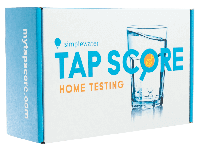
Diverse Components in Tap Water:
Tap water is not just simple H2O. While it naturally possesses essential minerals and nutrients, the water that flows from our faucets, especially in urban areas, usually contains added substances. These additives serve various purposes: some are introduced for purification, while others, such as fluoride, are integrated under governmental directives for the public's health benefits.
A Glimpse into Common Additives:
Some frequent ingredients added to the public water supply include:
- Liquified chlorine.
- Calcium hydroxide.
- Sodium silicofluoride.
- Aluminium sulphate.
To gain a precise understanding of your tap water’s composition, consider opting for a comprehensive water test. Remember, even if water starts its journey pristine, its journey through various pipelines can introduce contaminants. Thus, the tap’s cleanliness becomes crucial to ensure the purity of the water we consume.
A Deeper Dive into Tap Water’s Constituents:
Tap water undergoes treatment using numerous chemicals that eliminate harmful microorganisms. Some typical substances you might encounter in your faucet water are:
- Trihalomethanes (THMs).
- Fluorine compounds.
- Chlorine.
- Pesticides.
- Hormones.
- Nitrates.
- Salts of metals like mercury, arsenic, barium, aluminium, copper, cadmium, lead, and even radium.
Contaminants in Water:
Water purity can be compromised in multiple ways. Contamination could arise from harmful microorganisms originating from fecal matter or industrial waste residues like pesticides, fertilizers, and hazardous minerals such as lead.
Water Standards in the US:
For US residents, it’s comforting to know that the EPA (Environmental Protection Agency) enforces strict standards for water purity. They mandate an annual release of a “drinking water quality report” for transparency. This report sheds light on the water’s origin and its contents. If unsure, residents can always contact their local water suppliers or reach out to the EPA’s hotline for further queries.
Water Quality in the UK:
In the UK, companies like Thames Water offer insights into drinking water quality. Their tools allow users to ascertain the purity levels in their locality based on postal codes. They also provide a contact helpline to address any related concerns.
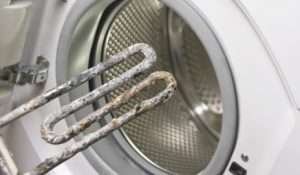
Concerns About Pipe Contamination:
Occasionally, tap water might be tainted owing to disruptions or damages in the water supply line. One major hazard is lead contamination from ageing pipelines. To safeguard against such risks, always ensure to use cold water and allow it to run for a bit before collecting it for consumption.
Is Tap Water Truly Safe?
In summation, while tap water is deemed safe for consumption, its constituents might vary based on regional treatment practices and the state of local pipelines. It is eco-friendlier than bottled water, and tap water avoids the BPA risk associated with plastic bottles. Nevertheless, if certain constituents of tap water concern you, it’s worth investing in reliable water filtration solutions. This ensures that you're in control of the water you and your family consume daily.




